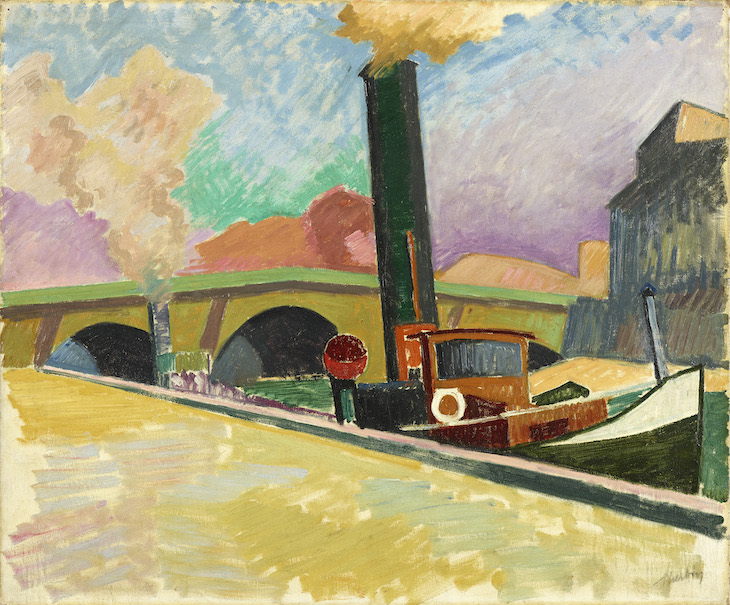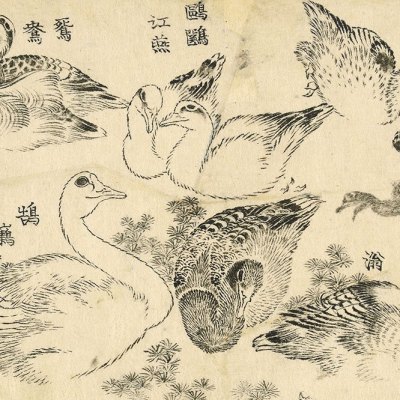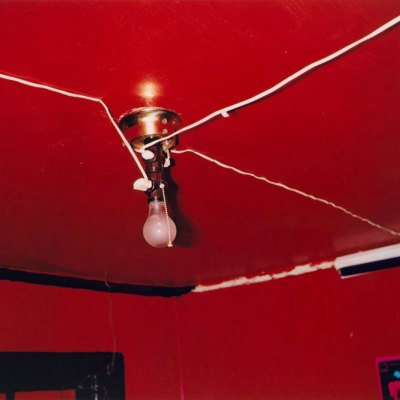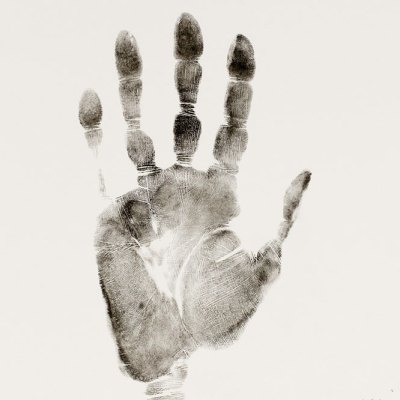A round-up of the best works of art to enter public collections recently
Musée du Louvre, Paris
Holy Face of Jesus and Head of Virgin Mary (c. 1450), unknown Valencian artist
This two-sided panel, depicting the faces of Christ and the Virgin Mary, has long been considered among the most important works of medieval Spanish art in French hands. The museum acquired it via Christie’s from the descendents of the count Paul Durrieu (1855–1925), who was once a keeper of paintings at the Louvre. The panel bears traces of wear that attest to its original use in religious processions, while the sophistication of the paintings – evident in the depiction of drapery and the modelling of the faces with light and shade – suggests the influence of Flemish painters such as Jan van Eyck. An attribution to Juan Rexach, the pre-eminent painter from Valencia in the mid 16th century, has recently been proposed.
Head of the Virgin Mary (c. 1450), unknown Valencian artist. Musée du Louvre, Paris. Photo: © Christie’s

Harvard Art Museums
German art from the collection of Dorette Hildebrand-Staab
Upon first encountering their work in the 1960s, Dorette Hildebrand-Staab began to purchase pieces, often directly, from the students and recent graduates who would go on to become the giants of German post-war art. Her gift to Harvard’s Busch-Reisinger Museum includes early drawings by Joseph Beuys, Georg Baselitz and Sigmar Polke, as well as prints and multiplies by artists such as A.R. Penck and Dieter Roth. She has also donated a selection of etchings from the late 18th and early 19th centuries by Carl Wilhelm Kolbe.
Untitled (1967), Georg Baselitz. Photo: Lynette Roth/President and Fellows of Harvard College; © Georg Baselitz
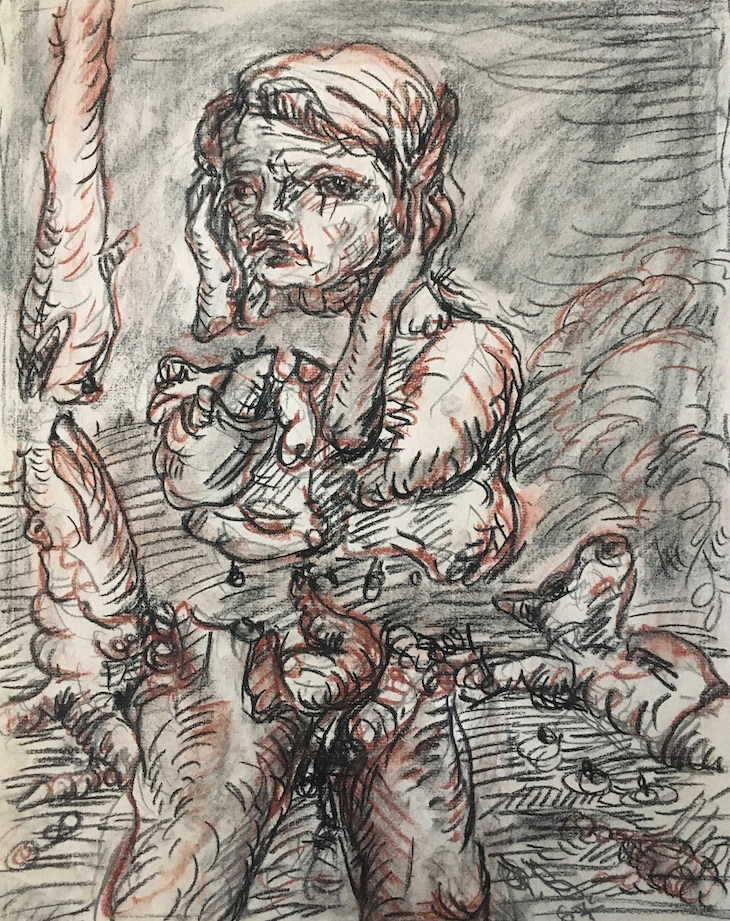
Huntington Library, Art Museum, and Botanical Gardens, San Marino
Mrs Mary Robinson in the Character of a Nun (c. 1780), John Singleton Copley
Mary Robinson was among the most renowned British actors of the late 18th century. She is depicted here as Oriana in George Farquhar’s comedy The Inconstant; or the Way to Win Him, dressed in a nun’s habit as a ploy to win the affections of her love interest. The work may have been commissioned by an admirer of Robinson from John Singleton Copley, who had recently moved to London after making his name as a society portraitist in Boston. Only recently identified, this painting has been acquired by the Huntington alongside a number of other British works, including a set of screenprints by R.B. Kitaj.
Mrs Mary Robinson in the Character of a Nun (c. 1780), John Singleton Copley. Photo: Huntington Library, Art Museum, and Botanical Gardens, San Marino
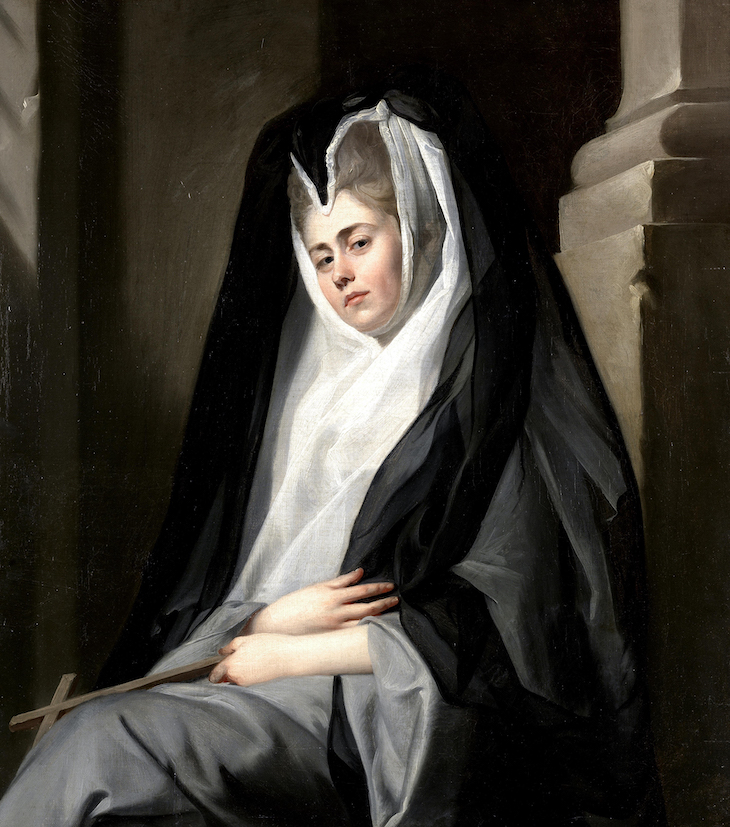
Solomon R. Guggenheim Museum, New York
Comedian (2019), Maurizio Cattelan
The work that spawned a thousand imitations at Art Basel last year has been given to the Guggenheim by an anonymous donor. The museum is perhaps the obvious home for Cattelan’s banana-and-duct-tape assemblage, having hosted the Italian artist’s retrospective in 2012. As director Richard Armstrong has pointed out, the work ‘offers little stress to [the museum’s] storage’ – rather than an actual banana or tape, the institution now has in its possession a certificate of authenticity and an instruction manual specifying the angle and height at which to affix fruit to wall.
Maurizio Cattelan’s Comedian (2019) at Art Basel Miami Beach. Photo: Cindy Ord/Getty Images

Courtauld Institute of Art, London
Avant et après (1903), Paul Gauguin
Paul Gauguin’s 213-page Avant et Après – completed on the Marquesas Islands two months before his death in 1903 – is a strange, hybrid text that combines personal memoir, artistic manifesto and excoriating critiques. It includes Gauguin’s version of events while living with Van Gogh in Arles, and is richly illustrated with drawings and monotypes. The text has long been familiar to art historians in facsimile, but the whereabouts of the handwritten manuscript have only now been revealed, with its acquisition from a private collection in London through the Acceptance in Lieu scheme. The manuscript will go on public display for the first time next spring, when the Courtauld reopens after renovation.
Cover of Avant et après (1903), Paul Gauguin. Photo: © Courtauld Institute of Art, London

Kunstmuseum den Haag
Le Remorqueur (1907), Auguste Herbin
Auguste Herbin began his career painting in the Impressionist manner before falling under the spell of Matisse and the Fauves in 1906; this depiction of a tugboat, belching out yellow smoke into a sky of purple and green, is a fine example of his vivid style from this period. It is a gift to the Kunstmuseum den Haag from a private collector.
Le Remorquer (The Tugboat) (1907), Auguste Herbin. Kunstmuseum den Haag
